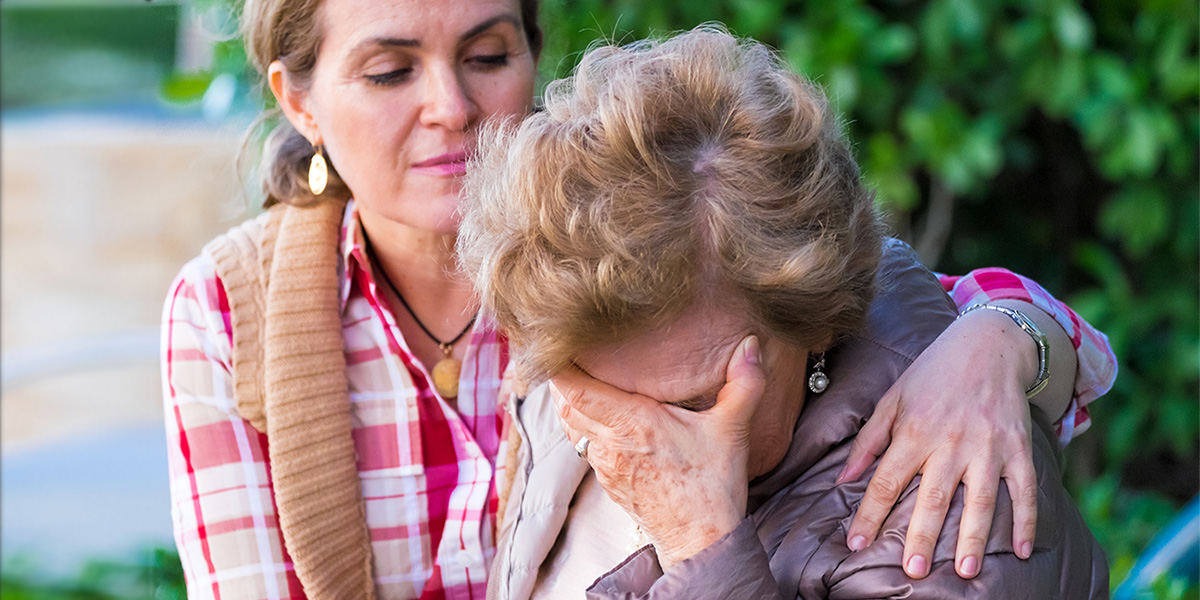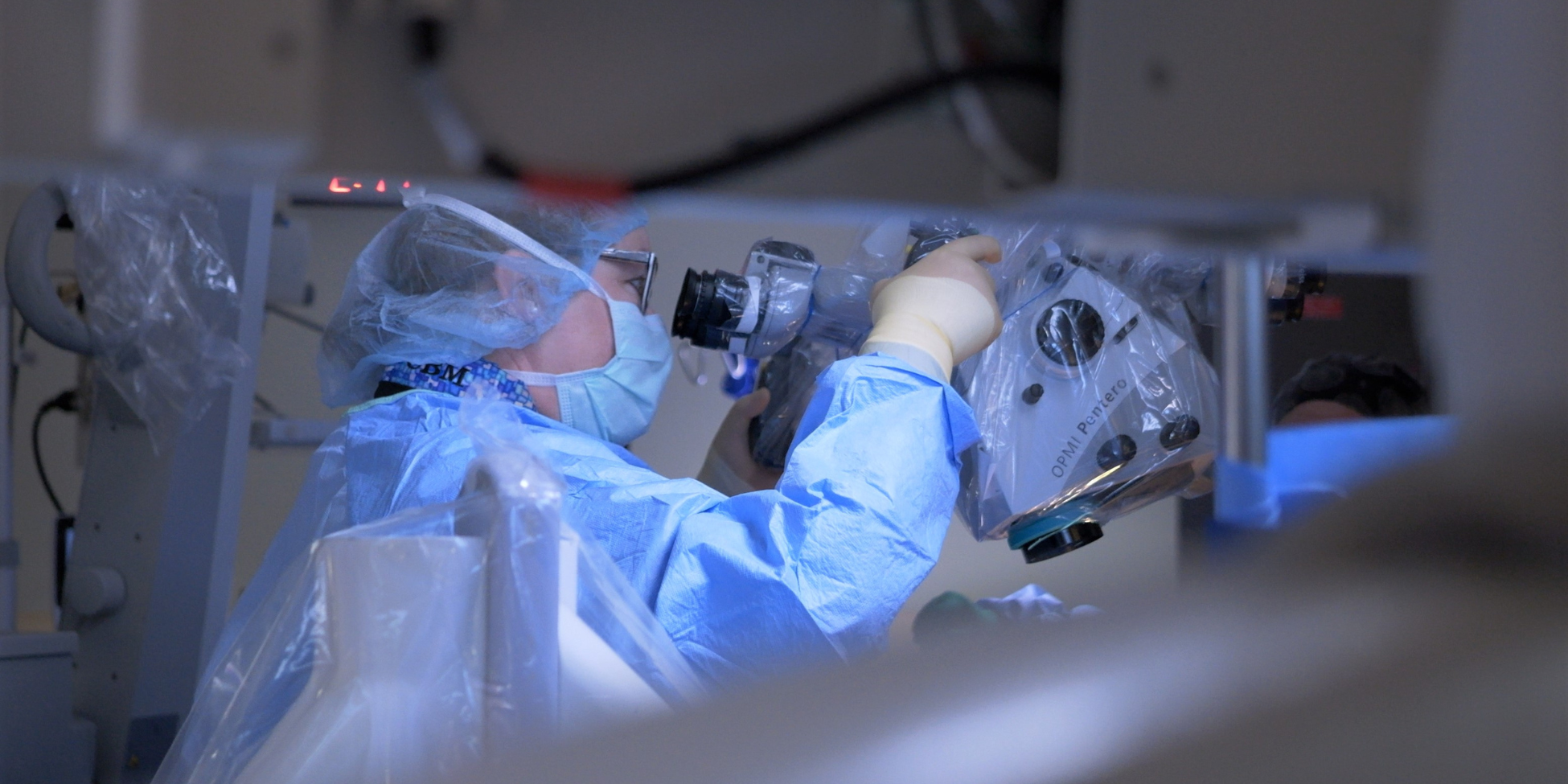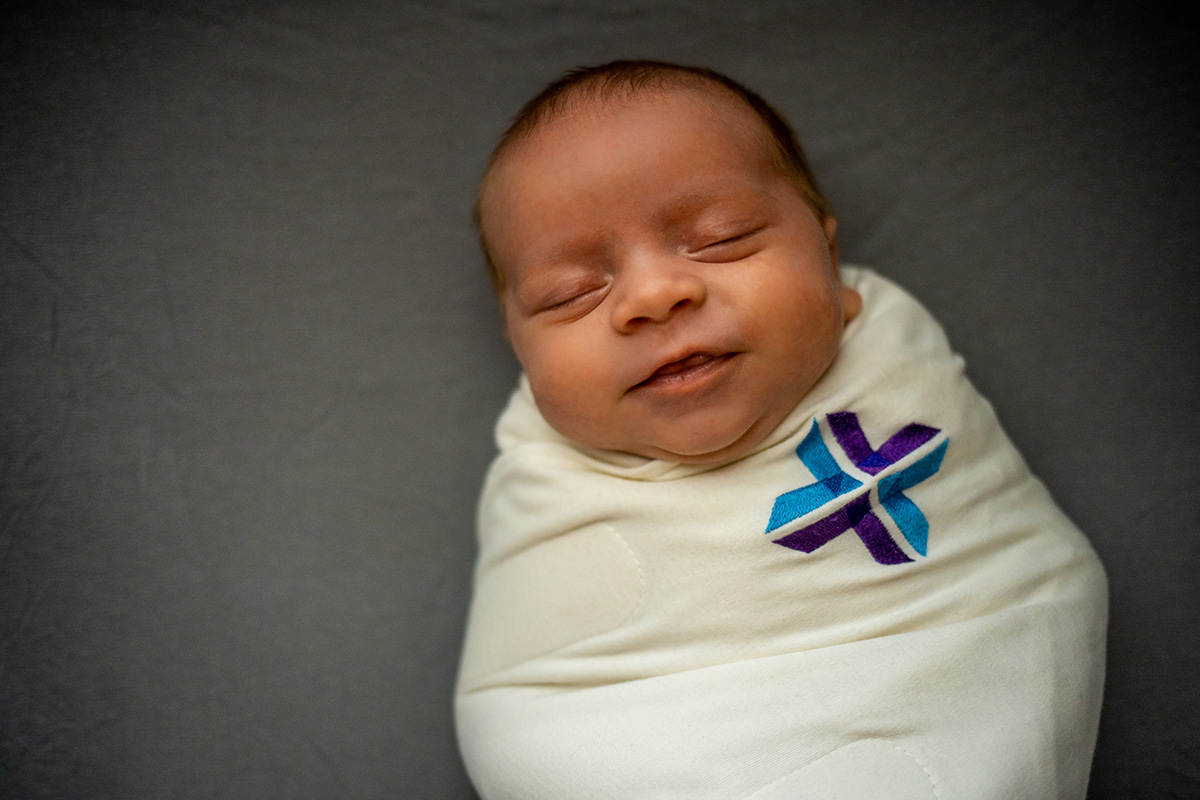
Knowing what to say
When someone you love has cancer, you want to show that you care but you don't always know what to say or do.
Everyone is different so there isn't a cookie-cutter approach. While you may be upset that a loved one has cancer, know that they are going through even more of an emotional roller coaster.
Here are some ways to tread lightly and help a loved one through a cancer diagnosis:
- Don't ignore or avoid them. Some people disappear when someone they know gets cancer. Show them you care, even if it's just with a card or a hug.
- Think before you speak. Don't be overly grave and mournful. Avoid clichés, like "hero" and "battle." Try to put yourself in their shoes and how you would respond.
- Follow their lead when it comes to tone and conversation. Only bring cancer up if they want to talk about it. Otherwise, discuss normal conversations as you previously would.
- Don't make their illness about you, and don't complain about your daily ailments when you know they are going through something worse.
- Listen. Often times they may need someone to voice their thoughts to. They don't expect you to know what to say or have all the answers, but just someone to talk to.
- Don't brush off their concerns by saying they will be fine, because you don't know that they will be.
- Don't play doctor and tell your loved one how to live—including trying alternative forms of treatment, diets or lifestyles.
- Don't preach to them. Don't try to tell the person with cancer what to think, feel or how to act. You don't know what they're going through, so don't act like you do. Instead of saying "I know how you feel," try saying "I care about you and want to help." Don't suggest alternative forms of treatment, a healthier lifestyle, etc. And don't tell them to "stay positive," it will only cause frustration and guilt.
- Try not to comment on physical changes you notice, unless they bring it up. Some may potentially lose their hair and they probably will lose weight due to medication and lack of appetite.
- Don't compare their journey to someone else's. From diagnosis to care, cancer is different from each person. Just because your aunt had radiation instead of chemotherapy, doesn't mean that's right for someone else.
As a caregiver, do you experience feelings of inadequacy? See if one of our support groups is right for your loved one. Learn more, and register now.












